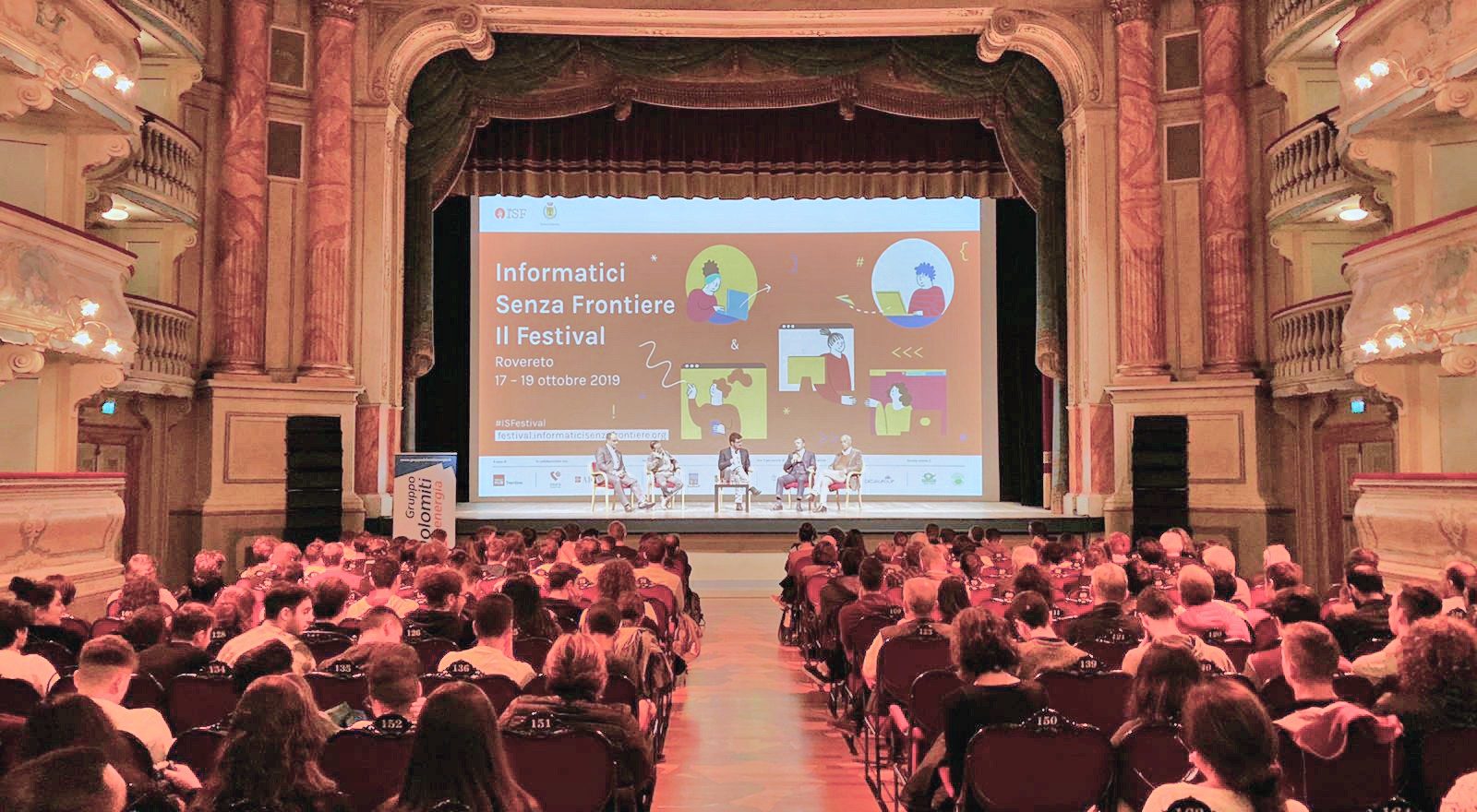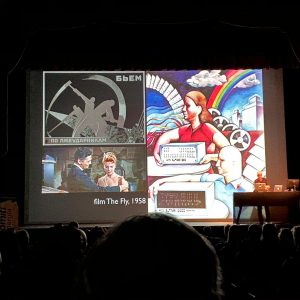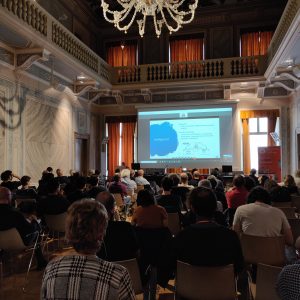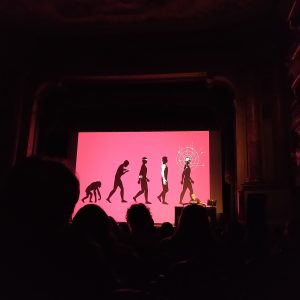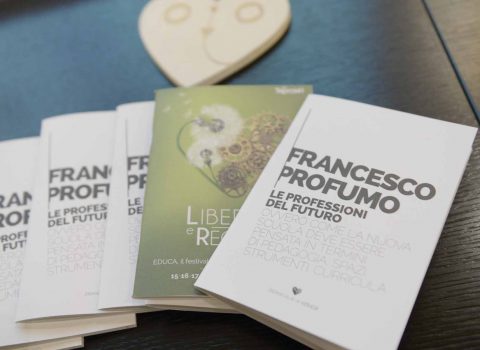Conversations on technology and society
40 conferences, 5 workshops for kids, 1 documentary in national preview and a show conference involved about 50 speakers and more than 1,500 participants during the three day Festival of Informatici senza frontiere. Among them experts and onlookers, professionals and also many students, from Trentino and out-of-Province
An attentive and participatory public that proved to be ready to reflect on the social impact of new technologies, the main purpose of the festival organized by the local IT without Borders association and the Municipality of Rovereto.
This year’s formula, curated by Impact Hub Trentino, was characterized by mingling: between languages (films, conferences and shows), between the professionalism of the speakers involved and the ones of the different audiences, diverse for age and for skills.
“The digital revolution touches each one of us and there is a need for everyone, from the young to those who are not so young anymore, to acquire the knowledge necessary for a responsible and healthy use of new technologies. But knowledge is not enough, a culture that will help manage the profound changes that these technologies introduce in everyday life is also necessary: the communication relationship between public and private, the way in which we relate to others, the trust we have in news, just to give some examples» ISF President Dino Maurizio explained.
After the film “Zero Days” – which talks about the computer virus created by the US and Israel to sabotage the Iranian nuclear project – the conferences alternated with activities and, Friday evening, in an engaging multimedia show, anthropologist Duccio Canestrini presnted on the stage of the Zandonai theater the intimacy relationship that increasingly unites humans and machines in “Human machine symbiosis”.
The topics covered were many: security, cyberbullying, technology education, IT as a tool to overcome barriers and help integration, collaboration between institutions and society, ethics in the use of new technologies and evolution and uses of artificial intelligence.
The collaborations with Educa Immagine, AICA and the University of Trento were relevant. The support of the Autonomous Province of Trento, the Vallagarina and Caritro Communities and the sponsors DedaGroup and Dolomiti Energia were valuable.
FBK also contributed with a number of activities that saw researchers in various fields of study involved, such as the conference on Artificial Intelligence and Healthcare held by Venet Osmani , from the eHealth team, or the seminar by the researchers of the i3 team Gianluca Schiavo and Nadia Mana on compensatory education tools (learning-related technologies such as those to help with reading, writing, calculating and languages) which have as their basic goal to allow each person to express their potential.
The above researchers also presented the Bridge project, which focuses on how digital technologies can support underprivileged sectors of the population with seeking for job and training opportunities in order to promote social inclusion, and cheld the SmartLab laboratory, aimed at favoring critical thinking in children about the potential and limits of artificial intelligence applied to self-driving cars through hands-on experience with programming and educational robotics.
Reflections on megatrends, on the one hand, and practical advice for operators, on the other, the macro and micro that converge at the University of Trento to spread best practices and broaden the horizons of critical thinking around the central role of technologies in our society and the need for awareness with which to use them responsibly.
